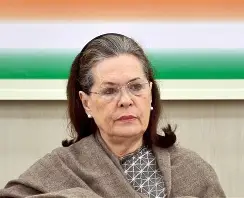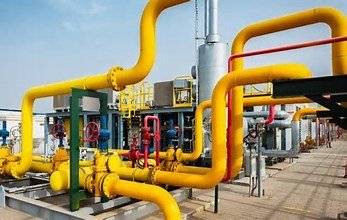BY PC Bureau
July 1, 2025 — In a high-level meeting chaired by Delhi Lieutenant Governor V.K. Saxena and Chief Minister Rekha Gupta, the Capital’s top leadership expressed dissatisfaction with the slow progress of the Centre’s flagship schemes— ‘Ease of Doing Business’ and ‘Maximum Governance, Minimum Government’—despite 11 years of implementation.
Held on Monday, the review meeting brought together key figures from Delhi’s administrative and political ecosystem, including Home Minister Ashish Sood, Industries Minister Manjinder Singh Sirsa, Chief Secretary, Police Commissioner, MCD Commissioner, DDA Vice Chairperson, and heads of departments ranging from Industries and Urban Development to Environment, Labour, and IT.
Capital Falling Behind
Both the LG and the CM criticized the Capital’s performance, with Saxena noting that restrictive and outdated laws had made Delhi an unattractive destination for businesses. CM Gupta highlighted the exodus of industries to other states, warning that this trend could continue unless bold reforms were implemented urgently.
 READ: Trump vs. Musk: Can the President Really Deport Elon?
READ: Trump vs. Musk: Can the President Really Deport Elon?
“Delhi should have been the benchmark for governance and economic reform, but instead it has lagged behind,” the LG reportedly said.
Key Reforms Announced
Following detailed departmental presentations, the leadership announced a series of urgent directives aimed at cutting red tape and boosting investor confidence. These include:
- Labour Reforms:
Women employees will be permitted to work night shifts with consent and safety measures. The Delhi Shops and Establishments Act will be amended to raise the employee threshold from 1 to 10 and permit 24×7 operations for shops. - Industrial Flexibility:
The Industrial Disputes Act threshold for closure permissions will be raised from 100 to 200 workers, facilitating smoother business exits. - Fire Safety Overhaul:
The Fire Department will empanel third-party audit agencies. NOCs will be granted based on audit reports for large establishments, with optional audits for smaller ones. Regulations will be modernized to reflect technological advancements like drone-based firefighting. - Environmental Clearances:
The Delhi Pollution Control Committee (DPCC) must reduce the approval time for ‘Consent to Operate’ to 20 days, with automatic approval thereafter. MSMEs in green and white categories will be allowed self-certification. - Revenue Law Reform:
The Revenue Department has been directed to revisit several restrictive provisions under the Delhi Land Reforms (DLR) Act—particularly Sections 81 and 33—which have impeded land transfers and affected farmer interests. - MCD Rationalization:
The Municipal Corporation of Delhi (MCD) will re-evaluate Section 475 of the DMC Act, which remains a cause of harassment despite recent reform notifications. - Digital Governance:
The IT Department has been instructed to develop a single-window portal for all NOC (No Objection Certificate) clearances, to streamline interactions with government departments. - Industrial Lease Management:
Lease policies for industrial areas will be overhauled to ensure better civic infrastructure and services.
READ: Tibetan leaders invoke the Oracle, blending faith & politics
Six-Month Deadline
The LG and CM have set a six-month deadline for implementing these reforms. They will personally monitor progress through regular review meetings to ensure time-bound results.
The emphasis on aggressive reforms comes at a time when Delhi is facing mounting competition from other states in attracting business and investment. Observers say the success of this reform push could determine whether the Capital can reclaim its place as a model of urban governance and economic dynamism.













